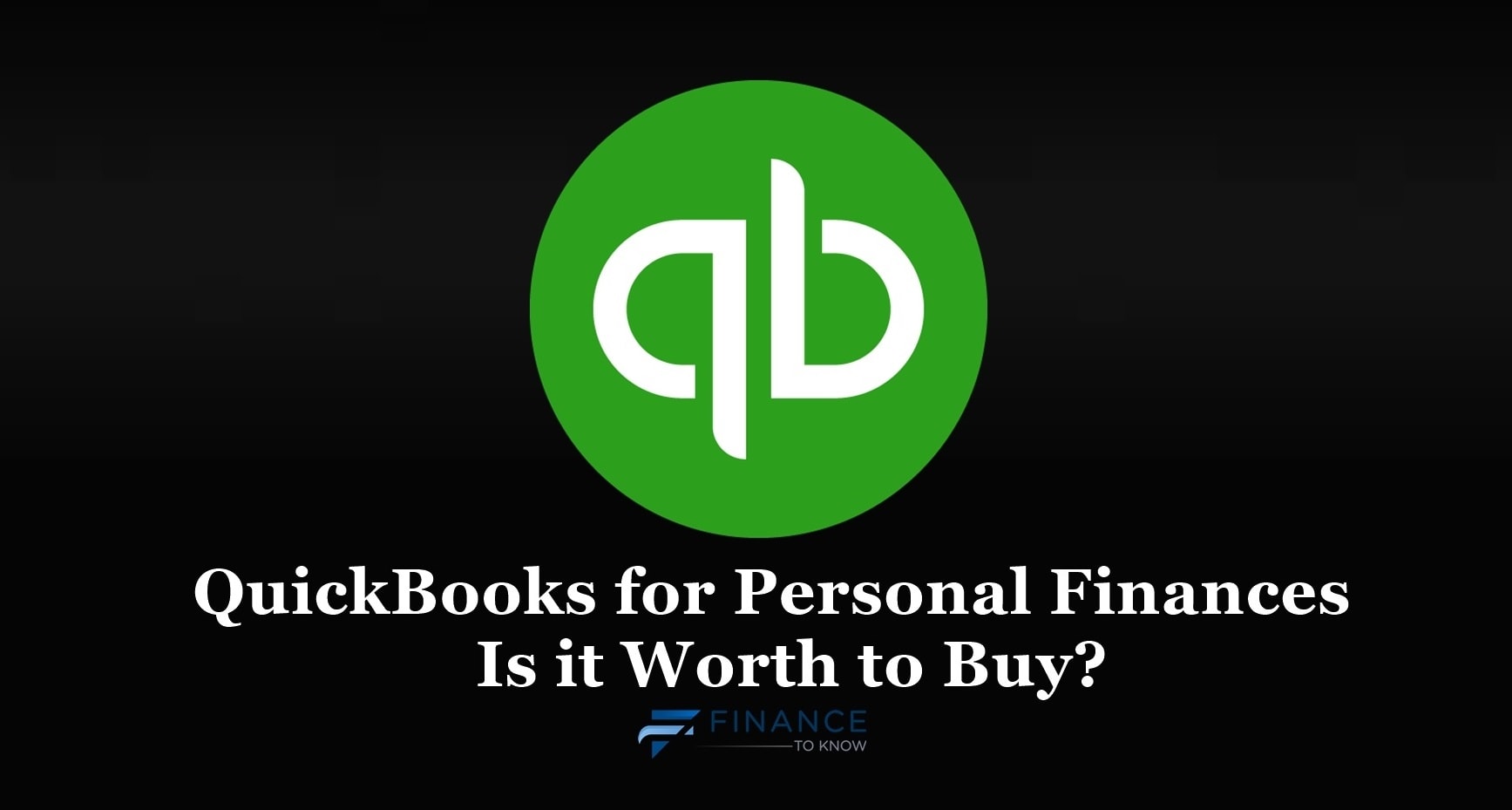You will find a coach for almost every challenge you face. Like fitness coaches, a career coach can help you with your professional challenges; similarly, a financial coach can help you make sound financial decisions. Financial coaches pay significant attention to the psychological aspects of finance, unlike financial advisors who concentrate on developing investment strategies. No matter how flawless a financial plan can get affected.

Even the best-laid plans will fail if one constantly tries to change them due to emotional unease. Long-term financial success can be prevented from being hampered by emotions with the assistance of a financial coach.
Contents
Why Should You Become a Financial Coach?
To become a financial coach, you don’t need to be a stock market expert, and financial coaching focuses on the behavioral aspect of finance. As such, anyone with strong feelings about the impact of financial decisions in daily life can and should think about becoming a financial coach.
Similarly, if you have personal stories of how behavior interfered with your financial goals, this background may help you be a more successful coach. It gives you an excellent basis to explain to people why you do what you do.
If you want to get into this field, you should reflect on your financial experiences to identify if you have a hidden passion in this field.
How to Become a Financial Coach
To become a financial coach, you don’t need credentials or financial licenses; even essential life experience can be sufficient. You should still take a few specific actions to improve your chances of having a prosperous career as a financial coach.
1. Educating yourself:
Although there are no official academic requirements to become a financial coach, you should at least consider getting your Financial Industry Regulatory Authority (FINRA) license or another type of formal education.
The scope of the financial planning and portfolio-building services that financial coaches who are not advisors might provide to customers would be limited. In this case, you might look like a financial therapist and can collaborate with a licensed financial planner.
If you offer financial coaching besides being a financial advisor, you should get your financial coaching practice approval from your firm’s compliance department. Your knowledge base and capacity to market yourself to clients will only increase with additional training or formal education.
2. Finding a niche:
You must set yourself apart from your competitors if you want to succeed as a financial coach. Consider your interactions and financial experiences, and think if there are any specific fields you can work on.
For example, if you managed to avoid bankruptcy, you might decide to concentrate on managing your cash flow and getting out of debt. If you’ve recently divorced, consider consolidating your financial coaching practice on divorce financial planning.
3. Keeping an eye out for partnership opportunities:
You can consider contacting your local financial advisors for partnership opportunities if you’re not a financial advisor.
4. Trying to learn from other financial coaches:
You should consider shadowing a financial coach to see if you can get some experience starting. That way, you’ll also get to know which strategies fit clients’ needs before you’re on your own. You’ll also find that many coaches now use social media, podcasts, and videos to discuss their methods and experiences.
5. Identify the resources and tools your business will need:
Ensure you have the resources you’ll need when you’re prepared to begin developing your firm. This would require establishing your company blog and website. You’ll also have to invest in client management software for financial counseling. This software stores your clients’ financial data in one location, so you always have it handy. You can work with a business as a financial coach; however, in that case, you’ll be giving up a lot of your freedoms as an independent business owner. You must also create a marketing strategy for drawing in your ideal clientele.
Also Read: How to Save 5000 in 3 Months
Getting a Financial Coaching Certification
As mentioned above, getting certified as a financial coach is not compulsory to start your financial coaching service, but it does indeed help a lot if you get it. You not only gain a lot of knowledge from it, but it also gives you credibility.
Getting a certification will also reassure your clients as they generally tend to trust a professional who has a background in the field they’re working in. You should ensure that the financial coach certification you’re going to go with is legitimate. Many groups and self-described experts offer financial coaching courses and lessons online.
These aren’t official credentials you can include on your CV. Create a CV, The best thing you can do is get your certification done by authorized certification bodies, and the credentials issued by the official certification bodies are nationally recognized.
The Different Types of Certifications
Although several financial certifications are available, You’ll only find a few financial coach certification options. These are legitimate financial coaching organizations. Below is a list of financial coaching certifications that you can get.
FFC or Financial Fitness Coach:
You can get certified as a Financial Fitness Coach from the AFCPE or Association for Financial Counseling and Planning Education. It is one of the best financial certification organizations in the US, which will teach you how you can help your clients develop permanent changes in their financial behavior.
CPFC or Certified Personal Finance Consultant:
The National Financial Educators Council provides this certification. This program will teach you everything you need to know to become a well-rounded financial coach. The course will take more or less 180 hours to complete.
CFEI Certified Financial Education Instructor:
This is another certification provided by the National Financial Educators Council. This program, too, will teach you all you need to know to educate others about how to manage their finances. It will take you about 40 hours to complete this course.
What Would You Do as a Financial Coach?
Financial coaching involves establishing procedures and instruments to balance your client’s behavioral and financial needs. As a financial coach, you’ll be helping your clients develop good habits when it comes to their finances and set their goals accordingly.
You’ll not only help them with their daily money management, but also you’ll help them plan for long-term goals. You’ll help them identify their challenges and show them the ways they can overcome those challenges.
As a financial coach, you’ll have weekly or biweekly meetings with your clients, just like therapists. This partnership can range from a few months to many years. Helping your clients assess their present financial condition, including their spending patterns and areas of strength and weakness, will be the first step for you.
You’ll assist clients in creating financial plans to achieve their goals while considering their strengths and weaknesses. As a financial coach, you’ll also serve as a client’s accountability partner to ensure they stay on track to achieve their objectives and develop better money management practices.
Differences Between a Financial Advisor and a Financial Coach?
Although the duties of financial coaches and advisors emphasize different aspects of the planning process, an advisor will probably develop a financial strategy that aligns with the client’s financial objectives. As a coach, you will focus on ensuring the strategy aligns with the client’s emotional state. The best method to guarantee a customer stays on track throughout their financial life is to use a combination of both.
For instance, financial coaches rarely create investing strategies, but they could recommend changing the allocation of a portfolio if it is causing the investor too much emotional stress.
Being a financial coach, you will train customers by demonstrating the feelings and actions they would have in specific market scenarios. Then you will demonstrate another approach to a problem from an intuitive, emotional, and historical perspective.
Also Read: Best Way to Invest 100 Dollars
Conclusion
A financial advisor is there to structure financial instruments into a plan with a high likelihood of success while preparing clients for potential difficulties and assisting them through them when they arise. In contrast, a financial coach can be hired to determine the client’s resistance to following the game plan and help them develop the grit to get through it.
Investors are not limited to choosing between a financial coach and an advisor. Financial advisors can work with financial coaches, which is the best course of action in many cases. As a financial coach, you’ll be in the best position to assist a client unable to make the right financial decisions because of their emotions.
You’ll be giving your clients emotional coaching to make better financial decisions; this is something that a financial advisor will not do.
AUTHOR BIO:
Lyle Solomon has extensive legal experience, in-depth knowledge, and experience in consumer finance and writing. He has been a member of the California State Bar since 2003. He graduated from the University of the Pacific’s McGeorge School of Law in Sacramento, California, in 1998 and currently works for the Oak View Law Group in California as a principal attorney.
Post You May Like:
- Effective Ways to Get Money Back From a Borrower
- Save $5000 in 3 Months on a Low Income
- Ultimate Guide to Personal Finance


